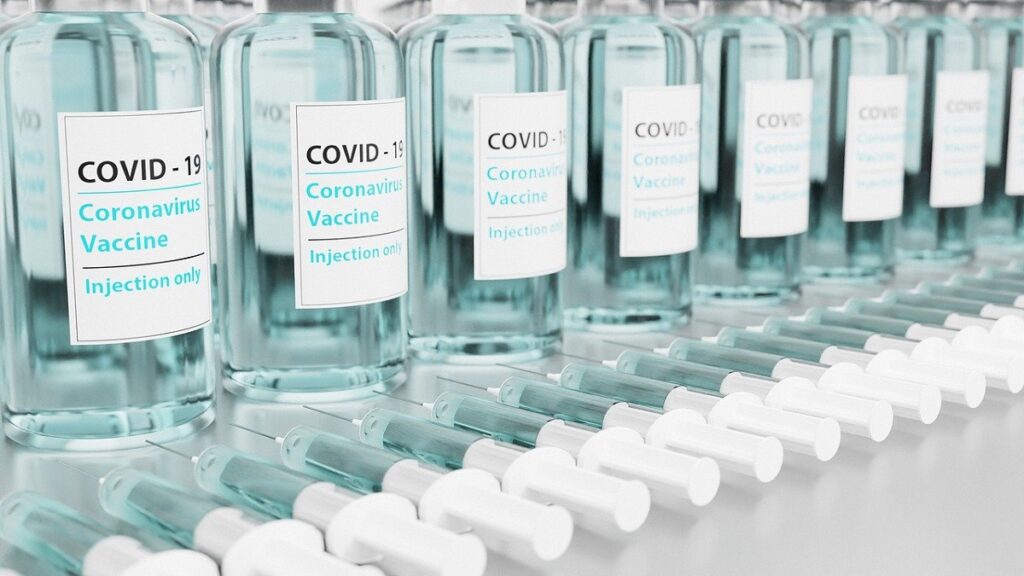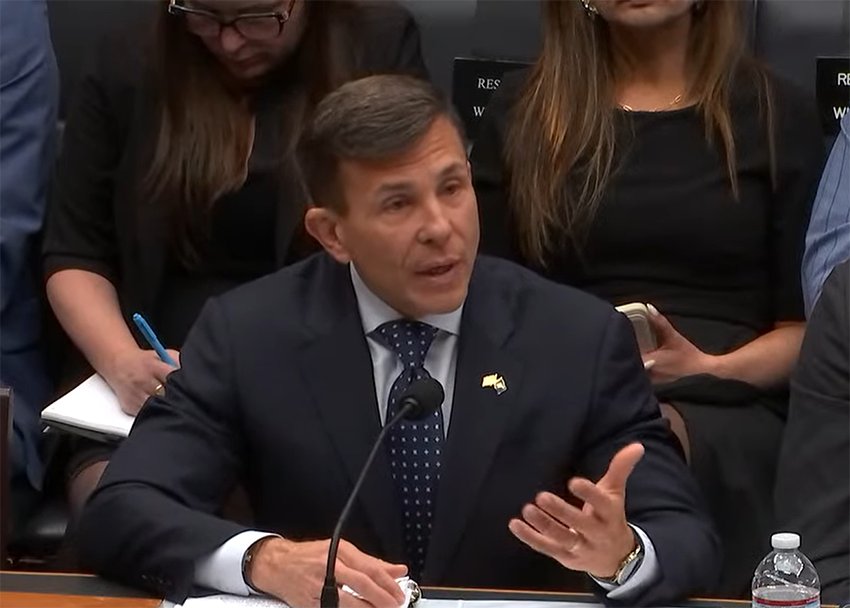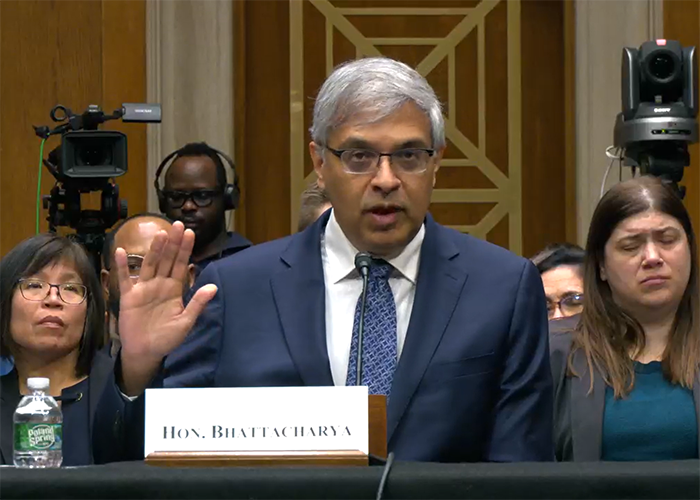The World Trade Organization (WTO) agreed to “a waiver of certain requirements concerning compulsory licensing for COVID-19 vaccines.” However, the waiver of COVID vaccine IP protections won’t increase vaccinations—and will only serve to harm U.S. biotech innovation, experts say.
What’s in the COVID vaccine IP waiver?
In a nutshell, developing countries that want access to patented COVID vaccine technology no longer need to contact the patent holder before issuing a compulsory license, said Hans Sauer, Deputy General Counsel and Vice President of IP for the Biotechnology Innovation Organization (BIO).
Furthermore, any COVID vaccines produced under compulsory licenses can be more freely exported between developing countries.
The decision also contains numerous “clarifications” to existing trade rules. However, these create ambiguity and uncertainty, with the goal of extracting more concessions in future trade negotiations.
Why we don’t need a vaccine IP waiver
“IP has supported the fastest development and scale-up of safe and effective vaccines in history,” said the International Federation of Pharmaceutical Manufacturers and Associations (IFPMA).
“In 2021 alone, companies produced more than 11 billion doses of COVID vaccines, enough to give two shots to every adult on the planet,” said BIO President and CEO Dr. Michelle McMurry-Heath in May. “We anticipate that number jumping to 18.6 billion by the end of this year.”
Vaccines are available in developing countries, too.
“A total of 632 million doses of COVID-19 vaccines have been delivered in the African Region, including 64% from the COVAX Facility,” according to the World Health Organization (WHO). “This represents 56 doses per 100 population and accounts for 40% of the doses needed to reach 70% of people fully vaccinated in all countries.”
The problem is that the vaccines are not getting to people who need them, said BIO’s Sauer: “South Africa, for example, tried to donate 15 million doses of Pfizer and J&J vaccine last month because they have an oversupply, but no African country wanted it. Egypt is offering 30 million doses to African countries, with no takers.”
In Africa, “27 countries out of 46 (59%) have administered fewer than 50% of doses received,” per WHO. South African pharma Aspen has ZERO orders for its “made in Africa for Africa” COVID vaccine, manufactured in partnership with Johnson & Johnson.
As a result, doses are getting thrown away or destroyed. The EU has thrown away around 50 billion-plus expired doses, while the Serum Institute of India (SII) may need to destroy 200 million doses in August/September due to oversupply.
The waiver sets ‘a harmful precedent’
“The agreement announced by the WTO will do nothing to increase COVID vaccination rates in the developing world, while at the same time setting a harmful precedent for the world’s ability to respond to the next pandemic,” said BIO’s Dr. Michelle McMurry-Heath.
The agreement is “a vehicle to raid U.S. innovation…that will benefit China and set a precedent that erodes intellectual property protection,” said the Wall Street Journal Editorial Board, explaining that there’s nothing legally binding to stop China from stealing mRNA.
“It is unfortunate that trade officials in Geneva, including those from the United States, have fallen victim to a false narrative that intellectual property rights stand in the way of beating back the global COVID-19 pandemic,” continued Dr. McMurry-Heath. “The decision at the WTO is nothing more than a distraction from the real work that needs to be done.
“We need to be focusing on the real challenges we face,” she concluded. “We need to work together to ensure that, in areas where vaccine rates are lagging, we can get more shots in arms. To do that, we must apply the best practices developed over the last few years to overcome global vaccine hesitancy and to strengthen local health care systems.”




